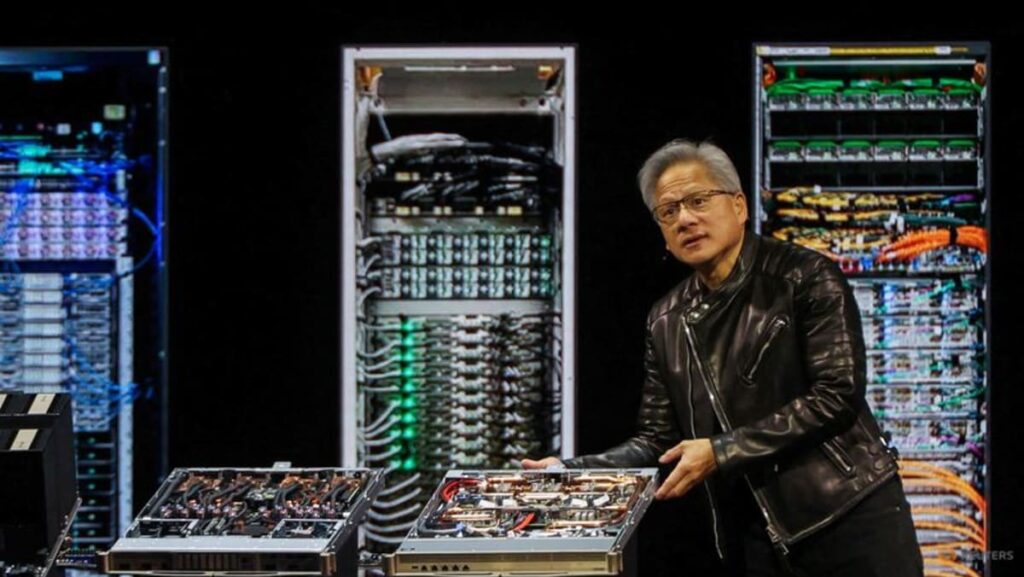CHINESE COMPANIES UNLIKELY TO STOP BUYING H20S
Nvidia’s tech stack is already, overwhelmingly, the standard in the nation’s AI sector. There’s a reason that giants from Bytedance to Alibaba stockpiled billions of dollars’ worth of orders ahead of the now-reversed ban. Similarly, it seems a deliberate move that, despite all the talk of lurking threats, China hasn’t issued an outright ban itself.
While these warnings have drawn a lot of attention, they likely won’t be enough to deter companies eager to power their AI ambitions to stop buying H20s.
While a Communist Party mouthpiece did appear to blast alleged “backdoors” in these chips, and many Western news outlets ran with that headline, the reality is more nuanced. The made-to-go viral editorial in a People’s Daily WeChat account was far from an official rebuke, according to an analysis from the China Media Project.
Instead, it was meant to make Nvidia “squirm”. It worked. The Santa Clara-based chipmaker responded with a public denial of breaches and argued that adding any in the future would be “an open invitation for disaster”.
It’s true, as I’ve written before, that Beijing would very much prefer its AI industry to use offerings from Huawei instead of Nvidia. But the domestic alternatives aren’t ready for primetime – both in terms of performance and the quantity that can be produced.
Domestic AI champion DeepSeek was forced to delay the release of its new model because it was trying to train it on Huawei’s hardware instead of Nvidia’s, the Financial Times reported last week. But even with a team of Huawei engineers on-site, they couldn’t get it to work.
In an apparent compromise, DeepSeek is using Nvidia for training the model and Huawei for inference (the phase that involves running and deploying AI). It would be foolish for regulators to arrest DeepSeek’s momentum by not allowing it to use any US computing power at all.
Read the full article here

